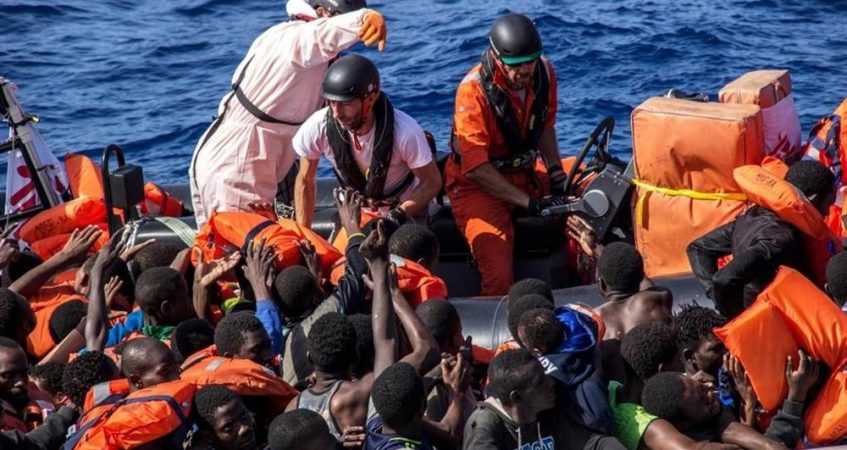Rescues at sea, NGOs and the code of conduct.

02/08/2017
2 August 2017. AOI, LINK 2007 and CONCORD Italia, in a joint document, express some clarifications on the contents and on the management of the matter of the so-called Code of Conduct for NGOs that carry out rescues at sea.
While sharing the coordination and systematization effort that the Viminale is carrying out, the organizations first of all underline that it is not a real code of conduct but a set of administrative provisions. on the one hand it is normally within the powers of the public administrations and what, on the other, the NGOs are already doing in compliance with the law of the sea and international conventions. This correspondence of a large part of the Code with the reality experienced daily in the bailouts also demonstrates the falsehood and malice of the message of denigration of the NGOs spread in recent months and continuously repeated by a large part of politics and the media. The transparency required, then, is one of the main pillars of humanitarian NGOs,
- The Code avoids clearly stating the priority of rescue at sea in the face of people in danger, while making explicit the request to actively contribute, on board, to investigative and police activities . Thus the fundamental principles that impose the absolute distinction between police (or military) activity and humanitarian activity are canceled
- The Italian military operations in Libyan territorial waters and the insistence on entrusting the rescue and protection of migrants to the forces of that country , without any guarantee that this can actually happen, further confirm the need for NGOs to be and to be perceived independent of these transactions.
- The presence on board of armed officials , contrary to the codes that the majority of humanitarian NGOs have adopted in all the countries in which they intervene, which provide that no weapons may enter their offices. No Weapons, Do not enter armed . It is a sign of impartiality, of neutrality and is also a guarantee of personnel safety
- The prohibition of transhipment from a smaller vessel to another larger and more equipped one for rescue and medical treatment, which appears as a pure limitation to salvage: the Code, while admitting exceptions, jeopardizes the possibility of normal collaboration between ships of different sizes, actually putting people’s lives at risk.
The rescue operations, even without the Code, were carried out in full compliance with Italian and international law and under the coordination of the responsible institution, the Coast Guard Command. The lack of coherence of the Code with the extensive provisions and operating standards already codified both in Italy and in the EU, as far as humanitarian aid is concerned, however leaves us perplexed and doubtful.
